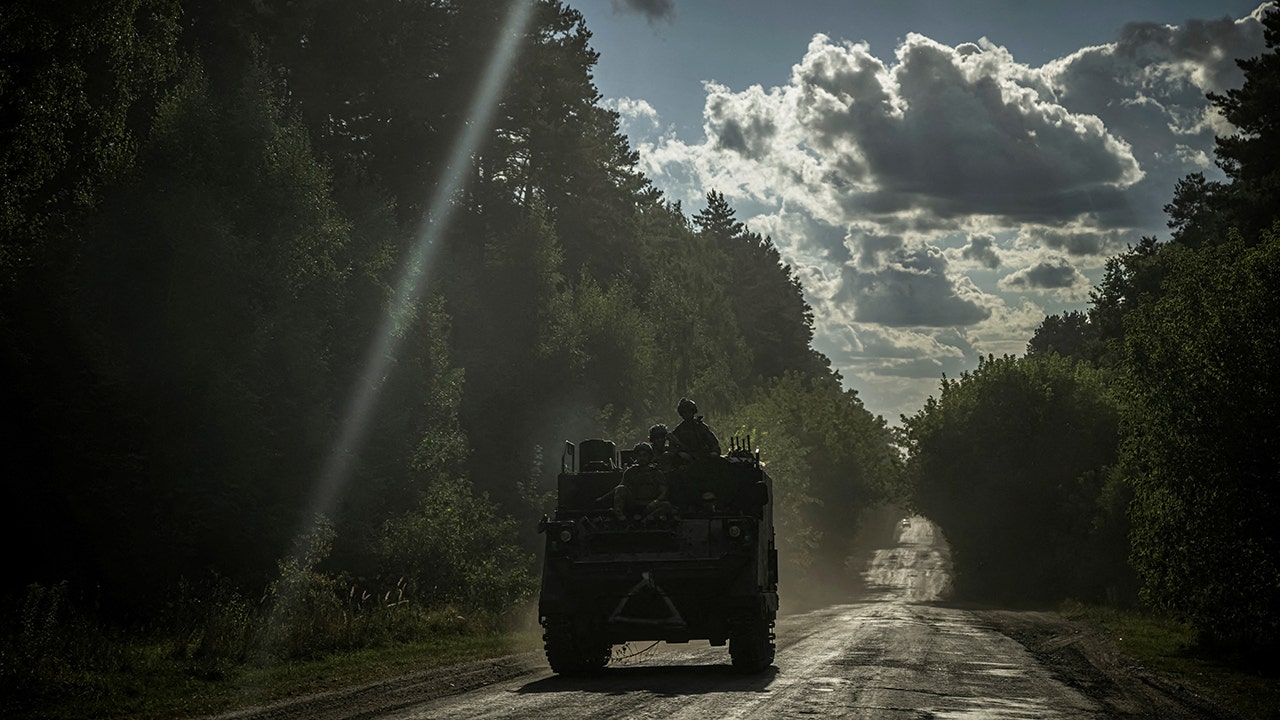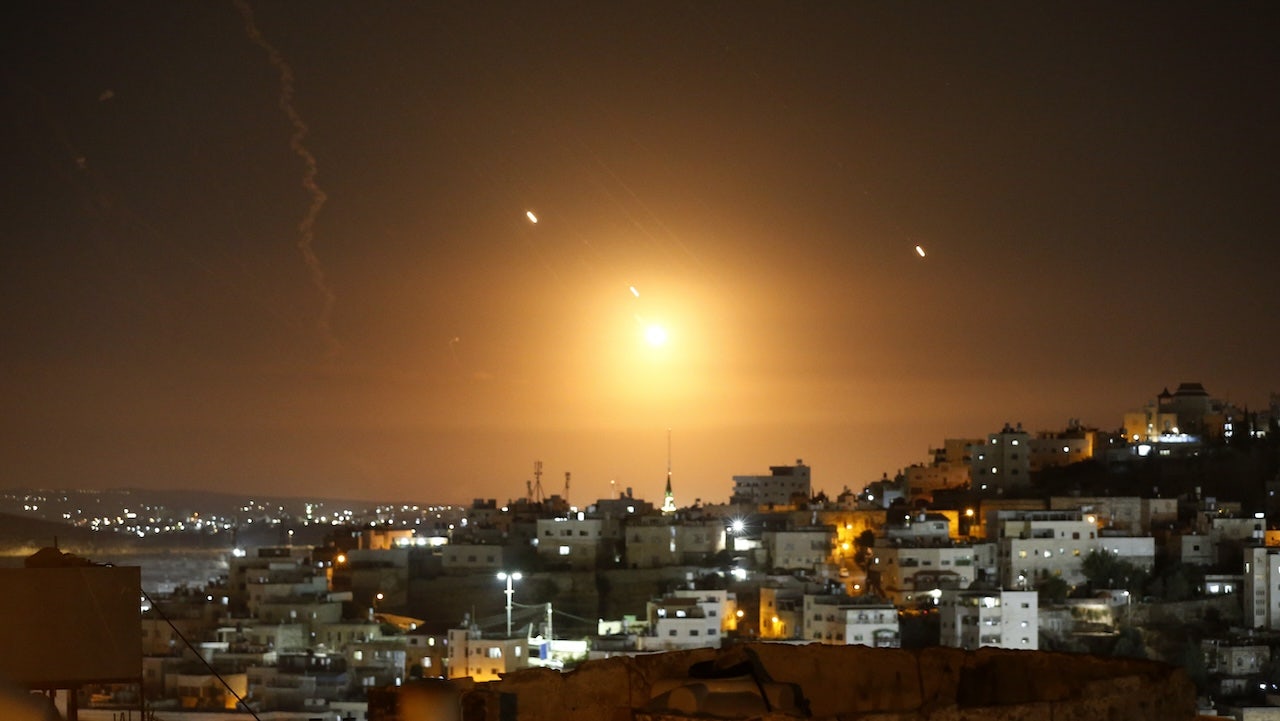Russian warships arrived in Cuban waters on Wednesday as part of planned military exercises that experts say were a symbolic show of strength in reaction to continued U.S. support for Ukraine, and a reflection of growing ties between Russia and Cuba.
The four-vessel group poses no real threat, U.S. officials said, despite tensions between the United States and Russia over the Ukraine war. The group includes the nuclear-powered submarine Kazan and the frigate Admiral Gorshkov, and contains no nuclear weapons.
The warships, which performed military exercises before their arrival in the Caribbean, will remain in Havana until June 17 while the crew meets officials and visits cultural and historical sites, according to Cuba’s foreign ministry.
Capable of engaging in surface warfare, using land attack missiles and defending against maritime and aircraft attacks, the Admiral Gorshkov flew both Cuban and Russian flags, according to news reports, and was greeted with a 21-gun salute as it sailed into Havana Bay. The Kazan was expected to follow, lurking below the surface.
Are the Russian ships a cause for alarm?
The U.S. Department of Defense considers the ships’ arrival routine activity that represents no threat to the United States, a spokeswoman said. The department has been monitoring the progress of the ships in the Atlantic Ocean, she added.
On the voyage to Havana, crews on the warships carrying hypersonic missiles practiced locating targets, and using high-powered precision missiles to simulate destroying those targets, at distances of over 600 kilometers, or more than 350 miles, according to Russia’s Ministry of Defense.
Though it may cause discomfort to the United States and other allied nations, Russia is breaking no international laws by voyaging through the Caribbean, experts said.
“They’re operating in international waters, which they have every right to do,” said Samuel Cox, a retired rear admiral in the U.S. Navy. “We do the same.”
“They’re using a routine deployment to make a statement that they are operationally relevant beyond their own waters,” he said.
How often have Russian warships been to Cuba?
Russian ships have traveled to the Caribbean before, including visits to Cuba and the Venezuelan coast in 2008 for planned exercises with the Venezuelan navy, and near Cuba, in 2015.
Cuba and Russia have historically been friendly. Though Cuba is not a key player in Russian foreign policy, the island is important because “Cuban friendship offers Russia entry to the Global South, where Cuba remains respected and influential,” said William M. LeoGrande, an expert on Cuban affairs at American University in Washington.
In 1962 the threat of nuclear catastrophe reached an all-time high during the Cold War when the Soviet Union answered the American installation of missiles in Turkey with its own deployment of ballistic missiles capable of carrying nuclear warheads in Cuba, igniting a 13-day standoff known as the Cuban Missile Crisis.
Crisis was averted when the Soviet Union removed the missiles, but Cuba and Russia have maintained close ties.
The rift between Russia and the United States has deepened recently with President Biden’s authorization for Ukraine to use American-supplied weapons for limited strikes inside Russia, reversing what had been the administration’s longstanding policy.
Still, experts did not read much into the maritime voyage.
Though the show of force likely is a reaction to continued U.S. support for Ukraine, Mr. LeoGrande called the visit largely “symbolic,” an opportunity for President Vladimir V. Putin of Russia to wave his country’s flag “in the U.S. sphere of influence.”
The exercise serves, Mr. LeoGrande said, “as a reminder that Russia, too, can project its military power globally.”






